One of the best dancers I know, Diego Benito Gutierrez shares his perspective from his coaching experience at the 2016 Prix de Lausanne.
Tell me about your background as an artist?
The year after I graduated at the Professional Conservatory in Madrid I worked as an apprentice in NDT II and as a guest at the Grand Théâtre de Genève. After that period I was really missing home, so I decided to go back and work as a freelance in Madrid, with Tamara Rojo and Patrick de Bana among others. After my Time As a Freelancer, I Joined Introdans for 3 years and for the last 7 years I’ve been working in Ballett Basel, directed by Richard Wherlock.
What was your job at the Prix de Lausanne 2016?
This year I got the chance to work at the Prix de Lausanne as a coach for Richard Wherlock’s solo, which means I had to give the candidates the “last touch” for the contemporary solos. After I learned the women’s solo, I had to dance it myself several times, in order to understand the piece and be able to explain to the women,what the movements should be. The solo for the men was created on me, so of course it was easier. I tried to help the young dancers achieve the coordination and precision these solos need. They all had learned the solos from a video, which makes it very difficult to get the emotions and the different qualities of the choreography, so the biggest part of my job was to show and explain the movements to them and make them “feel”.
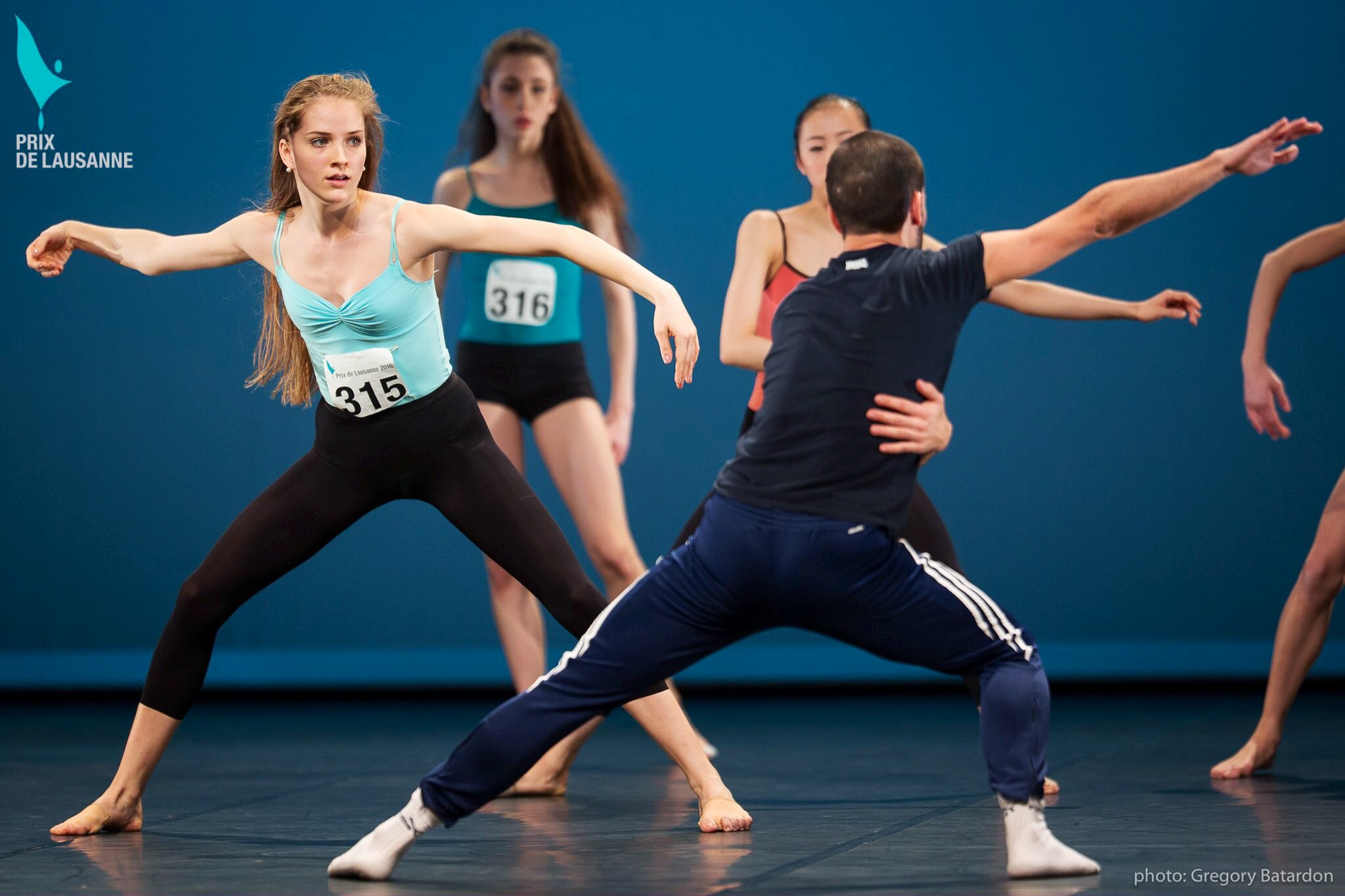
What was the hardest moment for you?
I guess the hardest part was the first meeting with each different groups. I had no idea what the level of the dancers was going to be, or how precise they learned the choreography and how I could manage the little time we had. I had in total 10 men and 14 women. After going slowly through the solo once, I only had only about 3 minutes for each of them, which is not much. On top of that I was absorbing their stress and that made me not only tired, but even more nervous.
In general, something you feel the participants could improve?
In general the dancers didn’t use their upper body and their plié as much as they should, which made them look stiff sometimes. I feel that nowadays the dance schools should focus on giving more importance to the contemporary dance, not only because it will help the kids to use their body in a deeper way when they do ballet, but also because most of them will not be ballet dancers in a classical company… and even if they are, they will have to do other styles as well. Contemporary dance makes us understand our body in a way classical dance can’t.
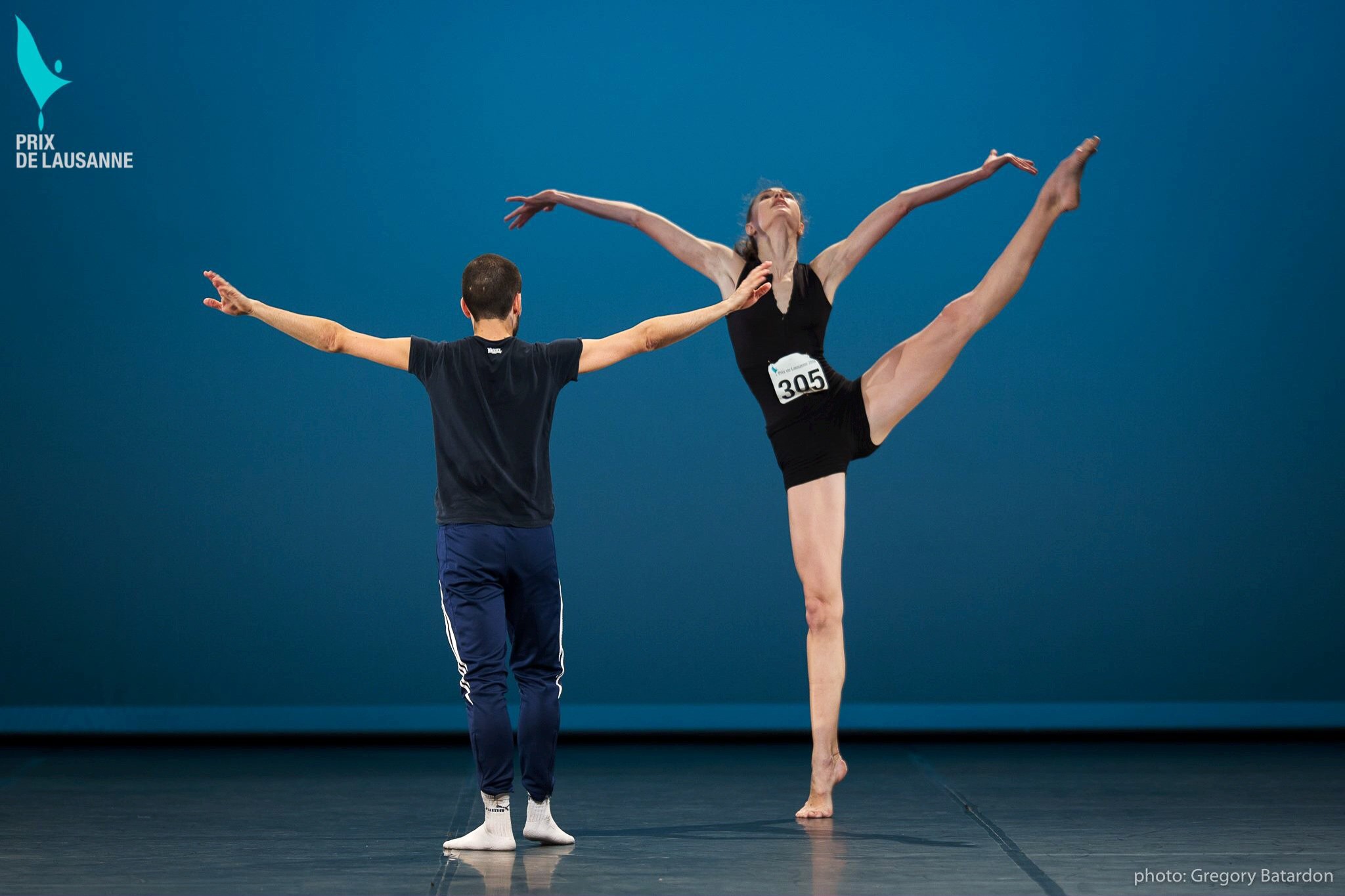
Some of your favorite moments?
My favorite moments on the Prix were always related to the candidates: one was every time I could see that my coaching was reflected on their dancing and that they digested my corrections and used them to improve their dancing.
And two, being able to see the look on their faces when I would show a movement and remark… they were so “hungry”. They wanted to learn. They were alert the whole time.
It’s also simply beautiful to see when young dancers give everything when they dance.
A few things you learned being a coach at the prix?
I think it’s a bit early too fully understand everything I learned during these days. It has definitely given me more self confidence. I’m sure it will not only help me if I ever want to do this kind of job in the future, but also it will influence my current profession . When you have to explain to someone how a movement is supposed to be, or which quality they should use, you yourself explore the movement into detail, which makes you discover new things about the way you dance. So my dancing will be unconsciously affected by this week of coaching.
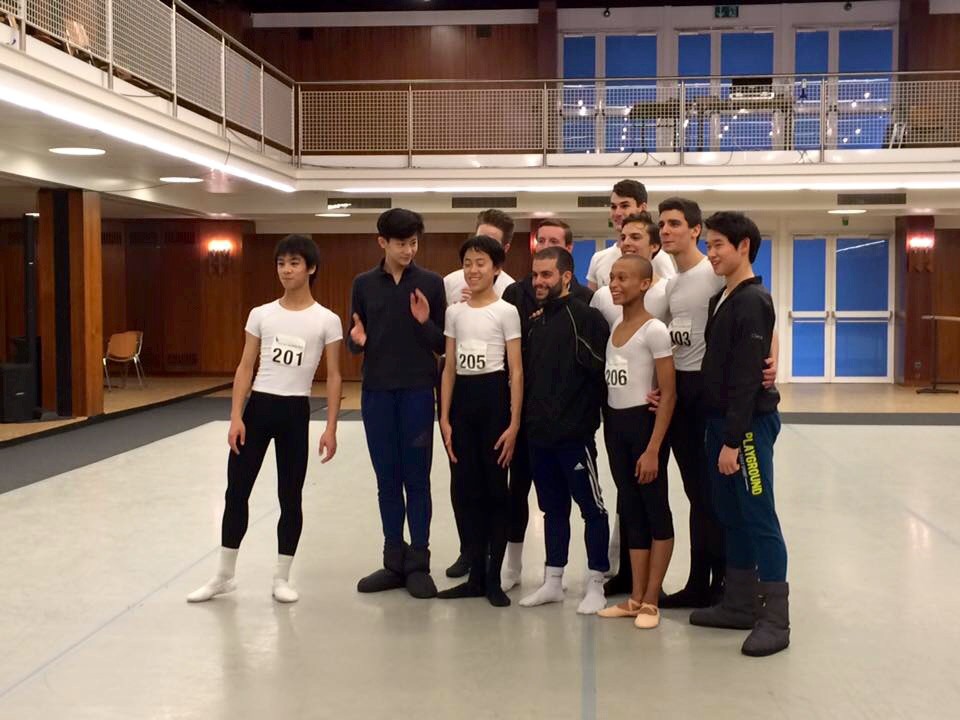
A few words on meeting people at The Prix?
That’s the other great part of the Prix de Lausanne: you get to know so many interesting people… Of course it’s fantastic to meet some stars from the dance world. For me the best of all was to meet people who are willing to make things different and who understand that if the whole world is changing, dance should change as well. And all of that, because it’s their passion and they would do anything in order to make this art go further and progress.
Would you have done something differently if you could?
I think, for being a first time, I did quite good (hahaha). The only thing I would have done differently would have been asking for a couple of days more, to be able to watch the kids during the semifinals and final, which I didn’t. I find it a pity, that I couldn’t watch these young dancers on stage for two reasons: first of all because I would have liked to see the result of my work and second of all, because we all dance differently when the audience is watching, it’s always more special.
A big surprise for you? Something that surprised you?
The biggest surprise was the feeling I had when working with the candidates. It’s been the first time for me to do this kind of work, so during the Prix de Lausanne I got the chance to look at my job from the other side and I loved it. I really enjoyed sharing my knowledge with these young dancers and seeing them develop their qualities.
It’s funny, I always thought that when I stop dancing I’ll never do anything related to dance, but this experience opened my eyes and made me think about things I never considered before. So we will see…
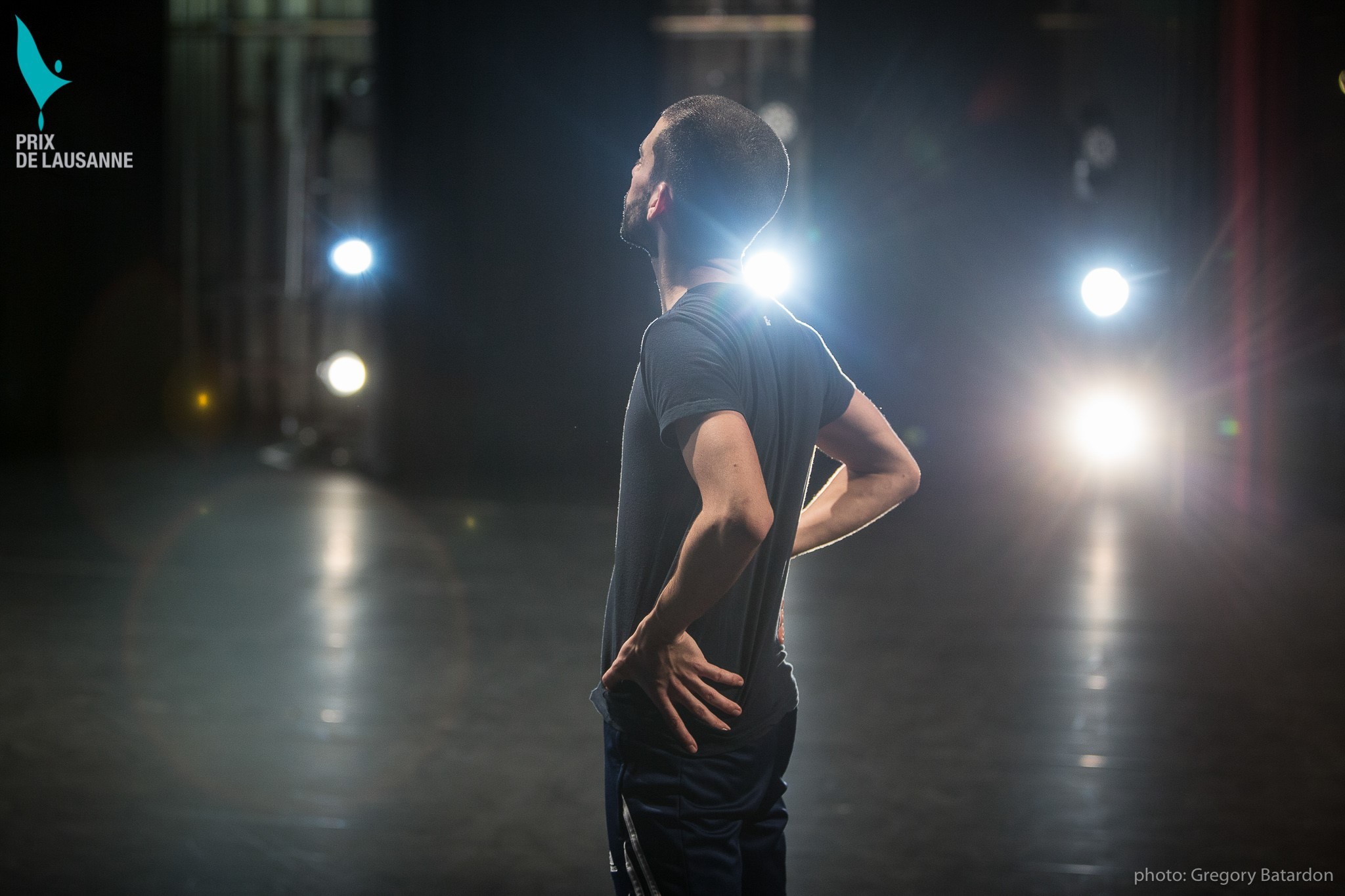
Thank you Diego for taking time to speak with us!
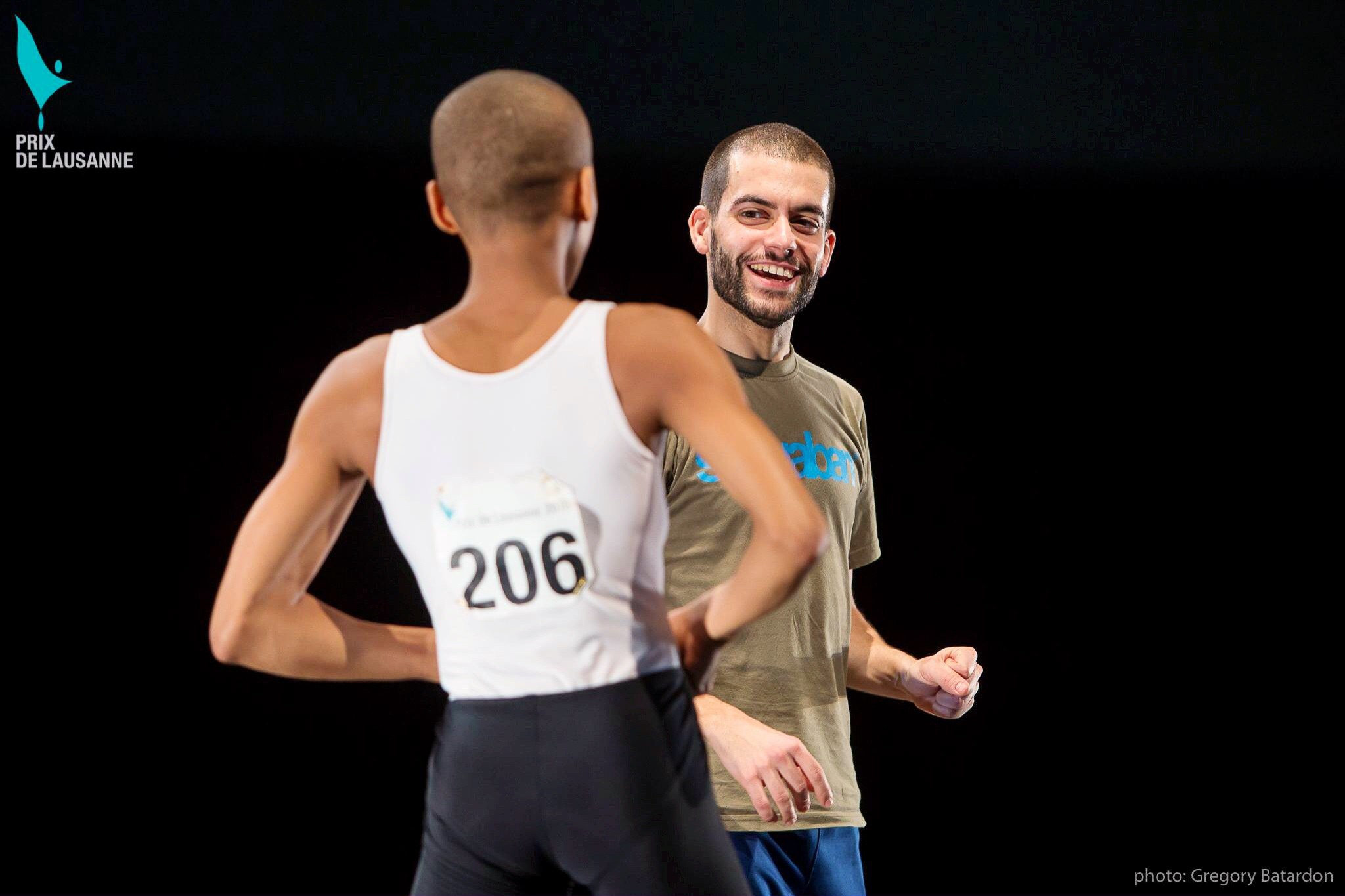
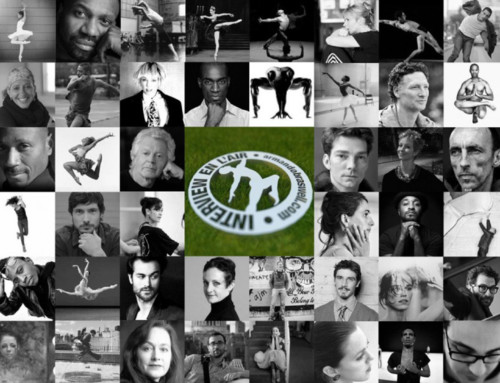
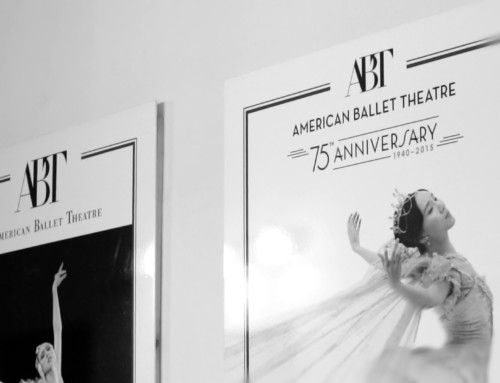
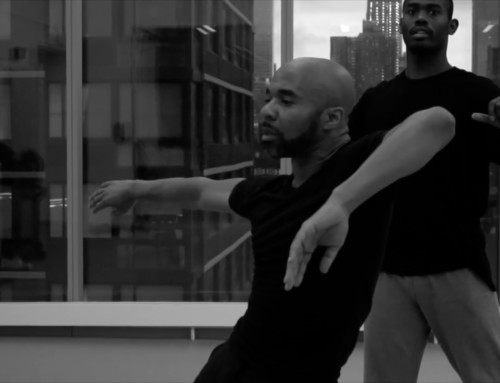
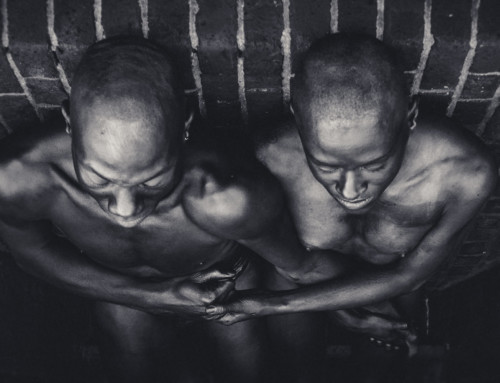
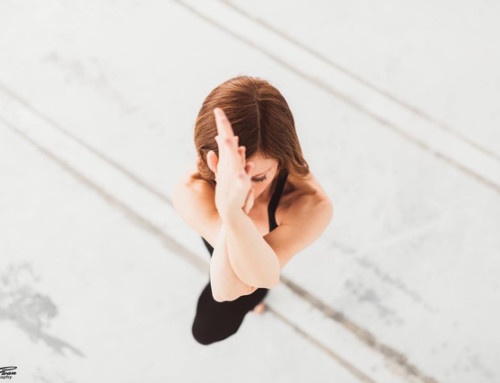
video production Lausanne
http://www.smartcuts.ch/
Smart Cuts is a video and animation Production Company based in Lausanne, Switzerland that produces quality, affordable web video content, TV and live events video. Smart Cuts offers interactive video, animation and infographics, as well as video equipment rental.
Smart Cuts is a video and animation Production Company based in Lausanne, Switzerland that produces quality,affordable content for the web, TV and live events. Smart Cuts offers interactive video, animation and infographics.